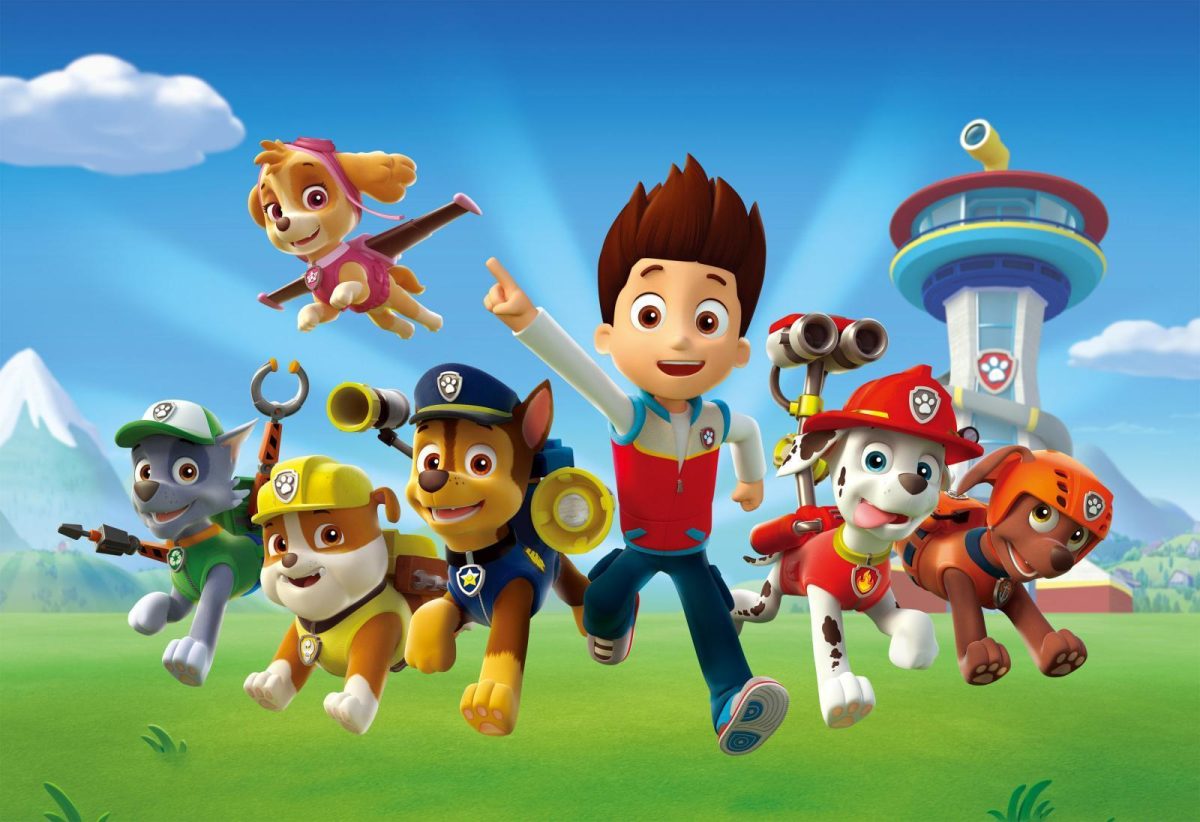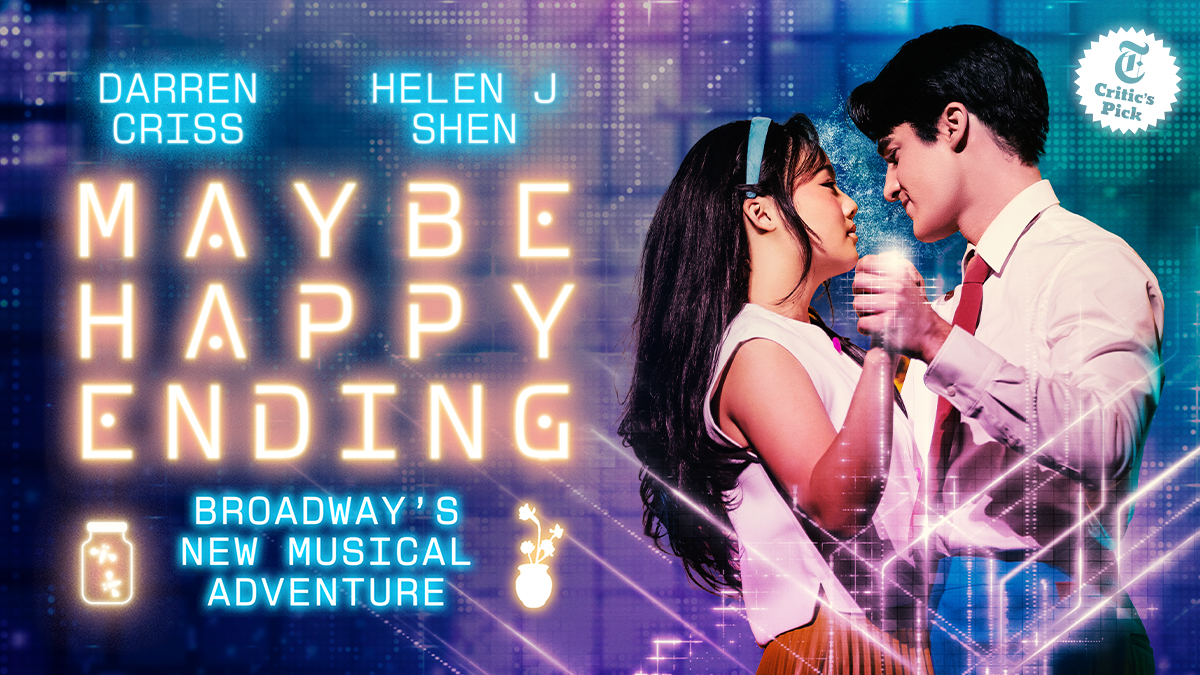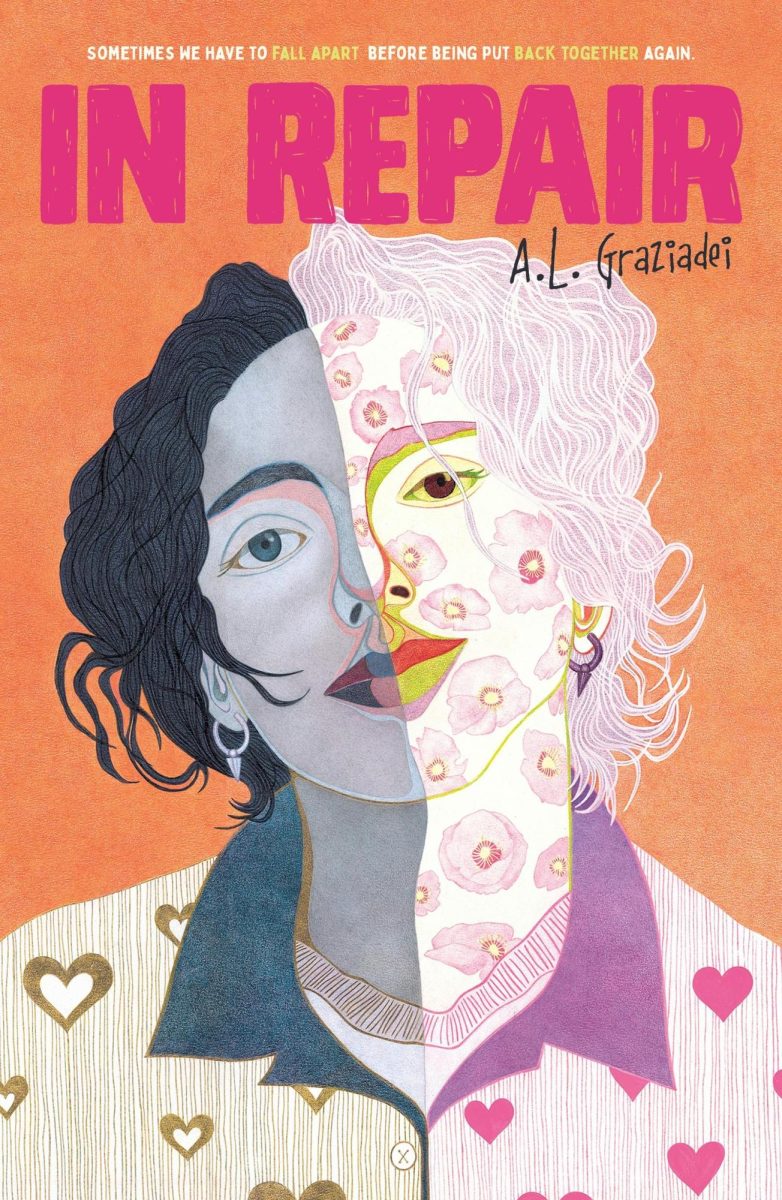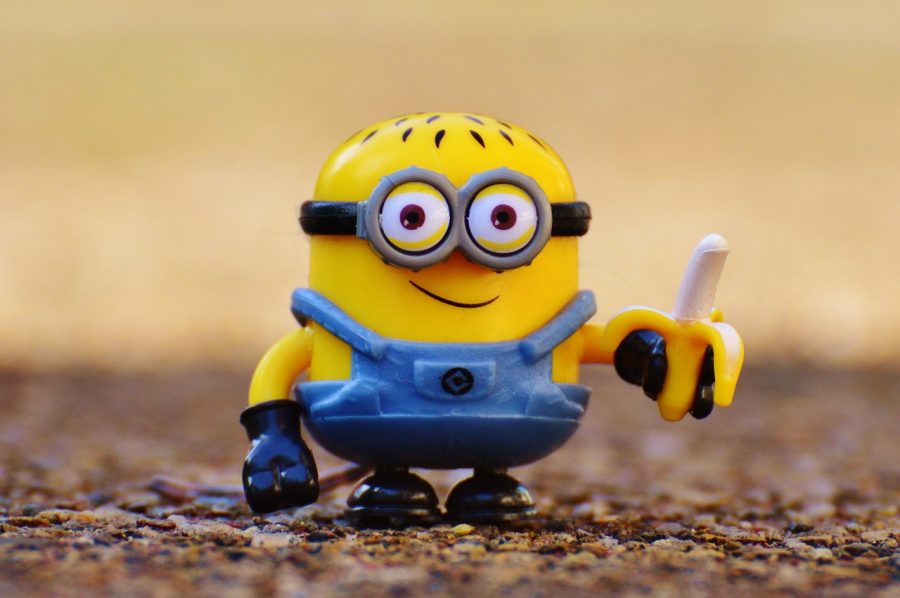By Lauren Reiss

On the day that the new, live-action, adult-version of Beauty and the Beast (starring Emma Watson as Belle) was finally released to theatres, my best friend texted me, “Wanna go to Beauty and the Beast tonight?! PLEASE.” And I laughed. We are eighteen years old—it didn’t seem age-appropriate to be this excited about going to see Beauty and the Beast. But then I realized just how much I really did want to see the movie, and promptly responded “YES.”
Is it no mystery to us why we love princess movies as young children. The magically animated characters, the sweet romance, the clear lines between good and bad, and the spontaneous outbursts in song keep our budding minds captivated. For the rest of our lives we look back on these movies with fuzzy feelings, remembering how it felt to transport to these fictional worlds with princesses, prince charmings, song and dance, evil antagonists, and the ultimate triumph of goodness.
So perhaps it should be no mystery to us why (even after we have grown up and out of our princess stage) we still love the same princess movies that captivated us as children. As I sat in the theatre with my friend, surrounded entirely by adults, I couldn’t help but think about what made the movie so appealing to a grown-up crowd. For one, I think that a sense of nostalgia feeds our enthusiasm. We remember what it felt like to be a kid and spend two hours in this wonderful fantasy world. We know the lyrics to the songs, and when we sing along, we smile because we remember how we felt singing these exact words over a decade ago.
I expected to feel this nostalgia—it is part of what attracted me to seeing the movie with my childhood friend in the first place. What I did not expect, however, was the sheer quantity of important life lessons embedded in both the plot and the script and how relatable and relevant they are at any age.
Of course, there is the obvious lesson that we cannot judge people based on how they look; that is pretty much the whole premise of the movie. But time and time again I was surprised by the emergence of another relevant message. In the first few scenes, the arrogant town hunk, Gaston, reveals that he is attracted to Belle because she exudes something the other girls in the village do not, but he finds himself unable to figure out quite what that quality is. He asks his right hand man Lefou what it might be. “Dignity?” he suggests. “It’s outrageously attractive, isn’t it?” responds Gaston. Are you listening, girls?
The village ostracizes Belle for being bookish, strong-headed, and different from the rest. From the audience, it is so easy to see that she is different in a good way. Multiple times throughout the movie she divulges to others that she is upset that people have called her “odd,” “different,” and “strange.” If you have ever felt this way, Belle reminds you that you are not alone, and you are probably even better off not fitting into the crowd.
Belle appears to be one of the only literate women in the village and takes pride in her knowledge. She reads ceaselessly in order to escape the provincial town. When she tries to teach a younger girl to read, she upsets the patriarchy (and even other women) by defying the social norms. Women’s rights are a timeless issue, but strong-headed and well-educated women make progress one step at a time.
Later, once Belle ends up in the Beast’s dungeon, her father, instead of goodbye, bids her “don’t be afraid.” She responds, “I am not afraid.” She is a strong character from the start, and her fearlessness paves the way to freedom and, ultimately, the prince’s heart. While Belle and the Beast are still in the first, rocky stages of getting to know each other, the Beast loses his temper. Belle gets upset about what he said, so Mrs. Potts offers her words of wisdom: People say mean things when they are angry. We choose whether or not to listen.
As I sat in the theater, I felt surprised (and a bit excited) by the pertinent adult takeaway from a childhood classic. When we are little, Disney movies are pretty, fantastical, and entertaining. Through a more mature lens, we can learn from these same pretty, fantastical and entertaining stories significant morals, lessons, and values that, perhaps, were there all along.












